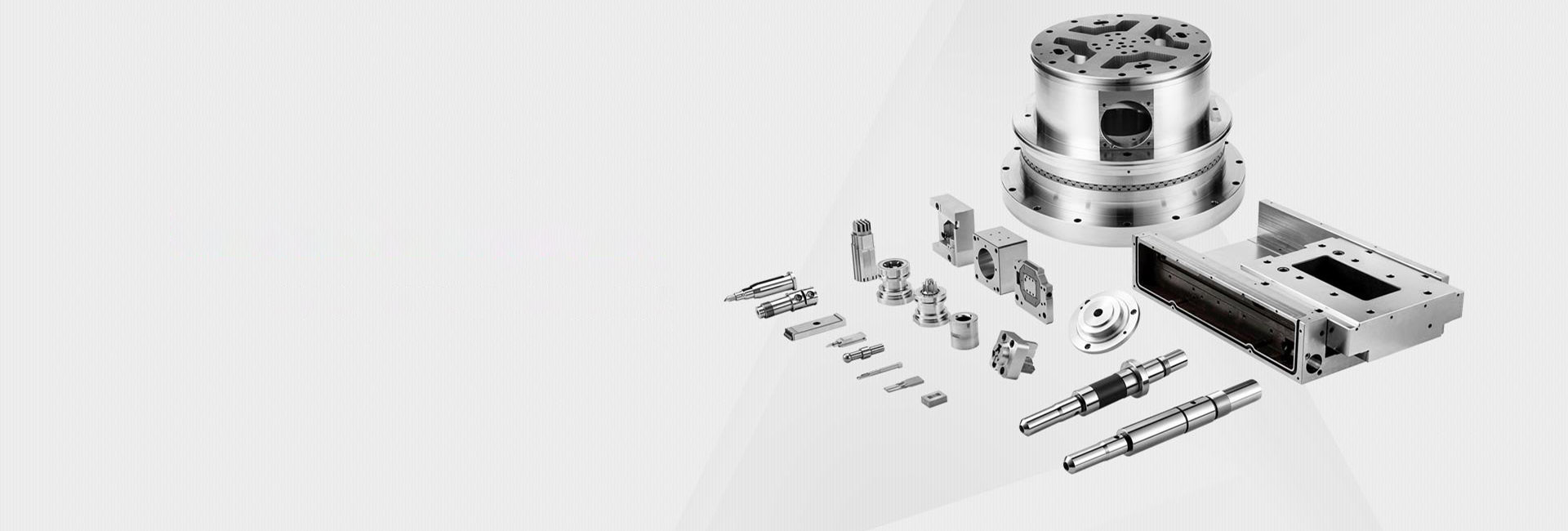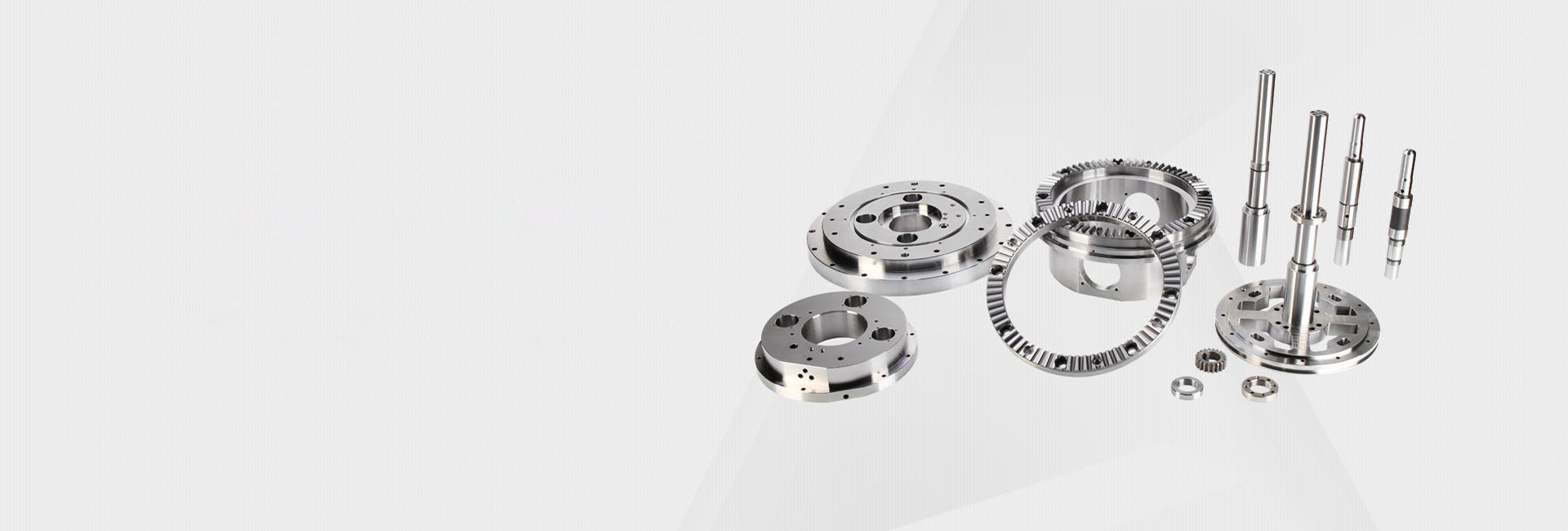Uw gids voor CNC-bewerking met hoge precisie in kleine batches: kosten, kwaliteit en tips
Hé daar, collega-ingenieurs en inkoopprofessionals! 👋 Ooit vastgelopen in een situatie waarin je slechts 50 of 100 superprecieze onderdelen nodig hebt, maar elke machinewerkplaats waarmee je contact opneemt, heeft torenhoge prijzen of doet alsof je bestelling hun tijd niet waard is? Het is frustrerend, toch? Je bent niet de enige. Dit is precies het pijnpunt dat high-precision small-batch CNC machining aims to solve. Let's break down how it works and why it might be the perfect solution for your next project.
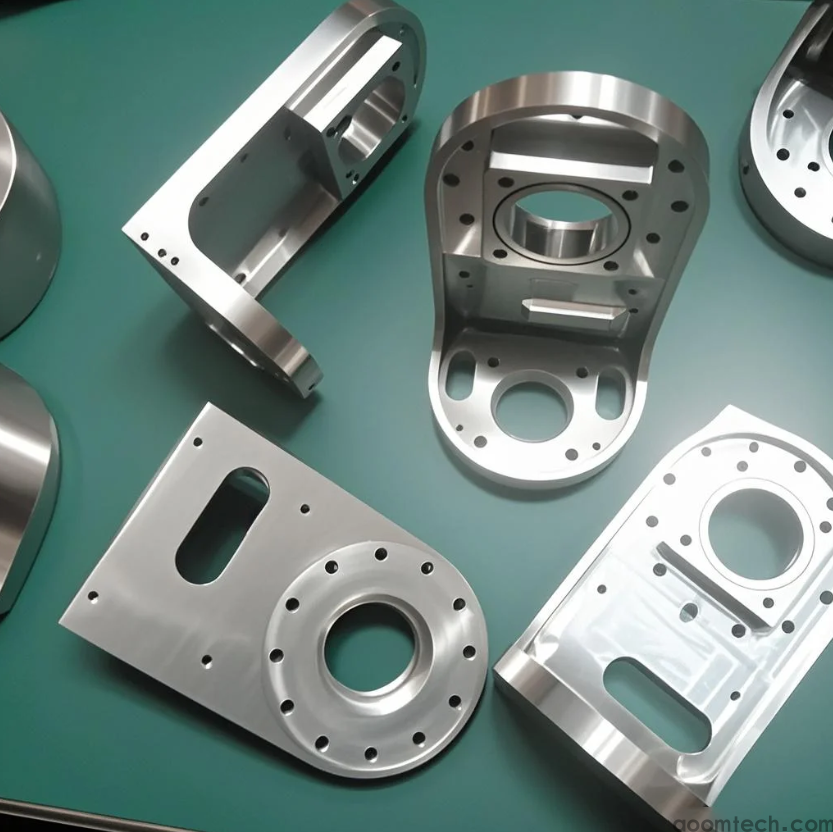
Wat is precies CNC-bewerking in kleine batches eigenlijk?
Zie het als volgt: in plaats van duizend identieke onderdelen van een transportband te bestellen, krijgt u een zorgvuldig vervaardigde, beperkte oplage van componenten. Small-batch CNC machining is all about producing a specific, limited quantity of parts with the same attention to detail and high accuracy as a large production run. It's perfect for prototypes, custom fixtures, or when you simply don't need millions of something. The core idea is flexibility without sacrificing the tight tolerances and fine finishes you require.
Waarom Small Batch gaan? De grootste voordelen
Dus waarom zou u voor deze route kiezen? De voordelen zijn behoorlijk aantrekkelijk voor bedrijven die wendbaarheid nodig hebben.
✅ Lower Upfront Cost: You're not tying up a huge amount of capital in a massive inventory of parts. You pay for what you need, when you need it.
✅ Amazing Flexibility: Found a small design flaw after the first 10 units? No problem! You can make adjustments quickly and cheaply for the next batch. This makes iterative design a breeze.
✅ Faster Turnaround: Smaller batches naturally take less time to produce than large-scale orders. This means you can get your product to testing or to market much quicker. Speed can be a huge advantage.
De echte uitdaging: kosten en kwaliteit in evenwicht brengen
Laten we nu echt zijn. Het zijn niet allemaal zonneschijn en regenbogen. De grootste hoofdpijn in small-batch machining is often the cost-per-part. Because the setup time and programming effort are spread over fewer units, each part carries a higher share of that initial cost. However, from my experience, this is where a good partner shines. A shop that specializes in this understands the economics and can often suggest material choices or slight design tweaks that save you money without wrecking the part's function. The specific calculation for optimizing this balance can be a bit of a dark art, depending on the geometry.
Hoe u de juiste partner kiest voor uw kleine batchbehoeften
Het kiezen van een machinewerkplaats voor een kleine, precieze klus is iets anders dan het kiezen van een winkel voor massaproductie. Dit is wat ik meestal zoek:
🔍 Communication is Key: Do they answer your emails quickly and clearly? Do they ask smart questions about your design? This is a huge green flag.
🔍 Check Their Equipment Portfolio: A shop with a variety of modern CNC mills and lathes is more likely to handle complex, high-precision work. Don't be shy to ask!
🔍 Look for Prototype & Small-Run Focus: Some shops outright say they specialize in this. Those are your best bet, as their entire process is built for it. I've found that shops that mainly do huge runs can sometimes be less attentive to smaller orders, even if they accept them.
Een snelle blik op het proces (het is geen magie!)
Benieuwd hoe het stroomt? Het is vrij eenvoudig. Je stuurt je ontwerpbestand (zoals een STEP of IGES). Ze beoordelen het voor manufacturability and might suggest changes to make it easier and cheaper to make. Then, they program the machines, set up the raw material, and start cutting. Each part is often individually checked for quality. This hands-on approach is what ensures the high quality in small quantities.
Uiteindelijk, high-precision small-batch CNC machining is a powerful tool when you need quality parts fast without the commitment of a massive order. It empowers innovation and allows for rapid testing and development. Finding a shop that gets this model is half the battle won. Maybe it's time to give that small-batch idea a shot? 🚀
 Uw gids voor CNC-bewerking met hoge precisie in kleine batch
Uw gids voor CNC-bewerking met hoge precisie in kleine batch
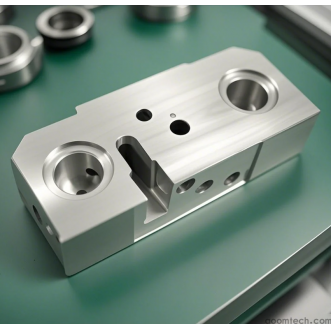 Kleine CNC-bewerking van onderdelen met hoge precisie: belan
Kleine CNC-bewerking van onderdelen met hoge precisie: belan
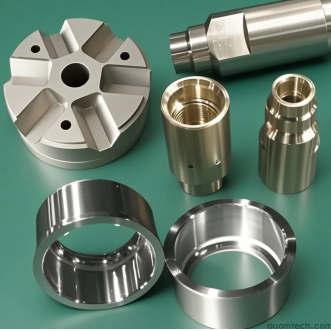 Welke factoren beïnvloeden de CNC-bewerkingskosten met hoge
Welke factoren beïnvloeden de CNC-bewerkingskosten met hoge
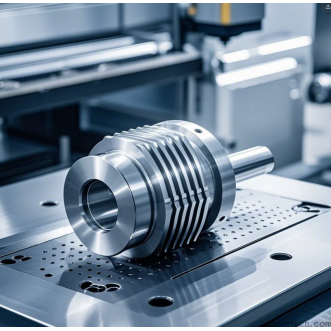 Wat kunnen CNC Precision Machining Products worden gebruikt?
Wat kunnen CNC Precision Machining Products worden gebruikt?

